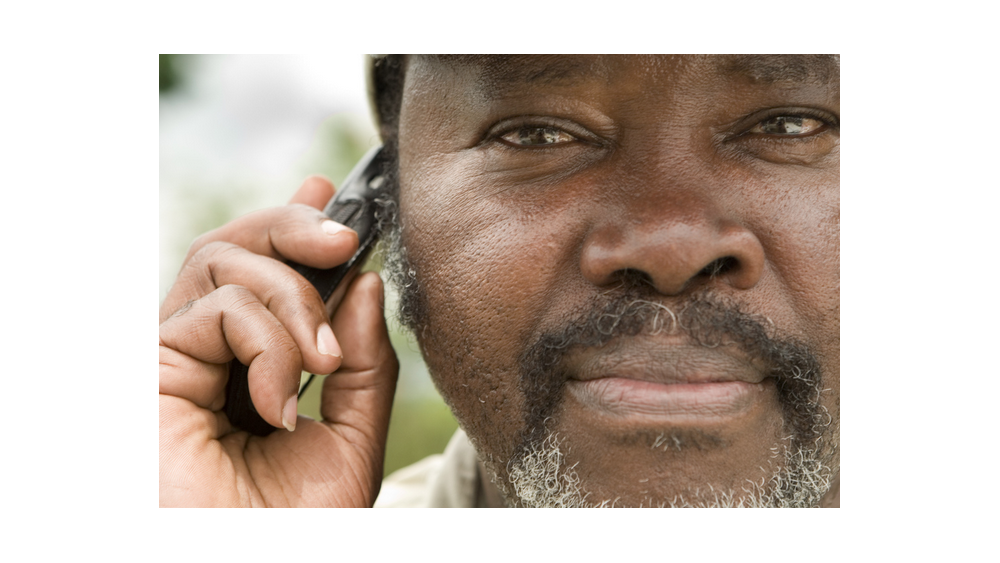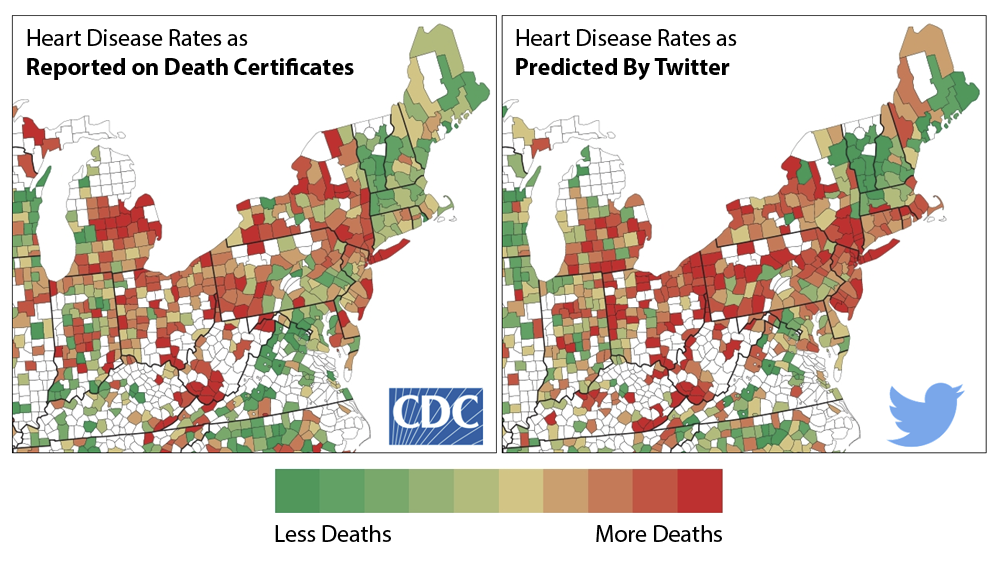NGOs have been criticized for focusing on technology, but collaborations across industries can lead to innovative solutions for global health issues.
In the first installment of this series, I discussed global health funding in a broad sense (i.e., what it is, why it is important, and who the players are). In this second installment, I want to look more closely at spending on global health innovations by non-government organizations (NGOs).
NGOs Criticized for Technology Focus
Recently, the Gates Foundation was criticized for focusing so much on technology and innovations in its giving. Critics worried that so much money was going toward unproven developments, perhaps neglecting more basic health infrastructure, such as training for doctors and nurses, and ensuring supply of medicines.
Perhaps one of the greatest challenges of NGO funding is that, by emphasizing the use of technology for research, development, and communication, they tend to push ahead those countries that are already on track. More remote, perhaps more needy areas with more complex health and infrastructure needs may be neglected.
Medical hack-a-thons supported by NGOs may turn up solutions that are only feasible in countries with well-established infrastructures (i.e., electricity to charge cell phones, affordable Internet connectivity, the availability of high-speed Internet). Unfortunately, these are still luxuries in many areas of the world that need our global health dollars the most.
Additionally, there’s still a dearth of scientific evidence that ICT can successfully change the health behaviors of populations – even in countries like the US where many of us take things like electricity and Internet availability for granted.
Collaboration in Aid Is Essential
Nonetheless, this is why NGOs, private sectors, and academics must work together: to balance each other out in the areas of our individual expertise. We do need checks and balances to ensure that global health funding is money well spent, and not just an inventor’s pipe dream.
But I wouldn’t want to live in a world without people like Mr. Gates—without dreamers and innovators who consistently try to find solutions to problems the best way they know how.
Some of us write. Others raise funds. Others innovate. Others develop vaccines. Others nurture. Others measure and advise. Together, we can make a difference.
Ebola+ Project Promotes Vaccines Through SMS Messages
One example of such a partnership is the Innovative Medicines Initiative (IMI), which announced last month that it launched the first 8 projects in a 215 million-euro initiative to develop an Ebola vaccine. The vaccine research is part of IMI’s larger Ebola+ program, which was created in response to the Ebola outbreak.
One of the Ebola+ projects underway will focus on compliance with vaccine regimens using Grameen Foundation’s MOTECH platform. MOTECH, an open-source mHealth platform, facilitates two-way communication using text and voice messages with the most vulnerable people about the danger of Ebola and the need to be vaccinated against it.
“We will use the reach of the mobile phone to get clear, accurate vaccine information to those most at risk of exposure to the Ebola virus,” said John Tippett, Grameen Foundation’s Director of Mobile Health Innovations.
MOTECH’s mHealth solutions help inform patients about disease outbreaks, remind them of relevant immunization schedules, increase medication adherence, and collect data from patients or caregivers.
In her speech at Johns Hopkins University’s Paul H. Nitze School of Advanced International Studies, former Secretary of State Hilary Rodham Clinton noted “the cell phone has penetrated where health clinics have not.”
Projects from Ebola+ bring together over 40 partners from pharmaceutical and diagnostics industries, public health organizations, academia, NGOs, and small biotechnology companies in Europe, Africa, and the US. Previous experience at IMI has shown that consortia of this kind, bringing together diverse groups from around the world, can make progress in even the most challenging disease areas.
The nuviun industry network is intended to contribute to discussion and stimulate debate on important issues in global digital health. The views are solely those of the authors.
Log in or register for FREE for full access to ALL site features
As a member of the nuviun community, you can benefit from:
- 24/7 unlimited access to the content library
- Full access to the company and people directories
- Unlimited discussion and commenting privileges
- Your own searchable professional profile


.jpg)